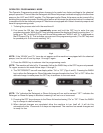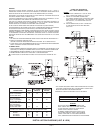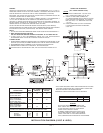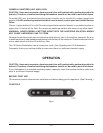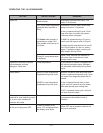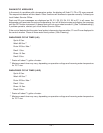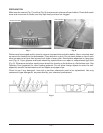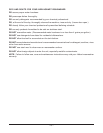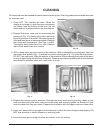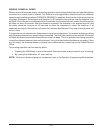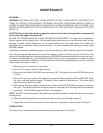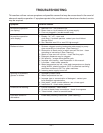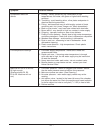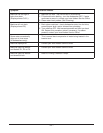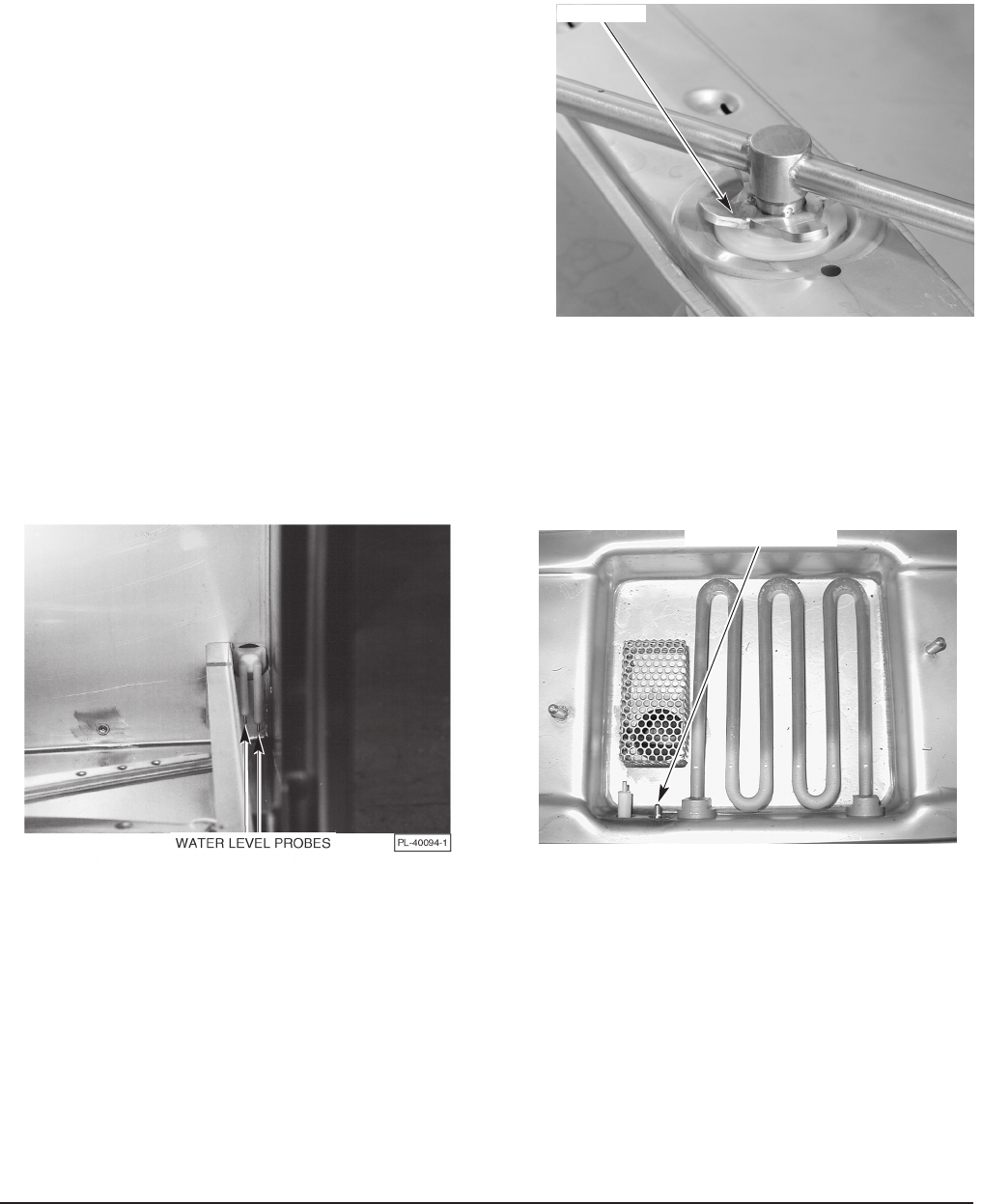
– 17 –
CLEANING
This machine must be cleaned at least once each working day. Use only products formulated to be safe
on stainless steel.
1. Press OFF. The machine will drain. When the
display is no longer lit, open the door and remove
any debris from the bottom of the tank. Do not
allow food soil to accumulate on the tank bottom.
2. Remove the lower rinse arm by unscrewing the
thumb nut (Fig. 10). Remove the lower wash arm
by pulling the arm off the shaft. Remove the upper
rinse and wash arms in the same manner. Remove
the coarse and fine strainers. (See Figs. 7 and 8).
Thoroughly clean these items in a sink. Remove
debris from wash/rinse arm nozzles.
3. With a damp cloth, wipe the interior of the machine. With a nonmetallic scouring pad, clean the
rear water level probes (Fig. 11) and the front water level probe (Fig. 12) under the fine strainer.
DO NOT use steel wool. Wipe the exterior of the machine. When cleaning the inside of the door,
be sure to wipe the lip at the bottom of the door. Remove any remaining debris with a mild cleanser
formulated for stainless steel and a soft cloth or brush.
Fig. 11 Fig. 12
4. Replace the coarse and fine strainers. Reinstall the lower wash arm by pushing it down on the
shaft and then place the lower rinse arm on the shaft and securely tighten the thumb nut. Spin
arms to make sure they spin freely. Repeat this procedure with the upper wash and rinse arms.
5. Use a soft, damp cloth or sponge and mild cleanser to clean the control keypad and display. DO
NOT use abrasive or harsh cleaners or scouring pads.
6. Leave the door ajar overnight to allow the interior to air out and dry.
Fig. 10
THUMB NUT
WATER LEVEL PROBE



